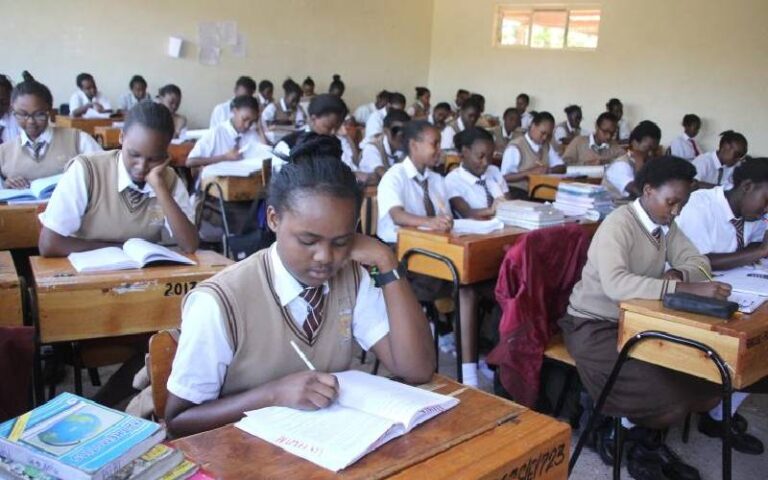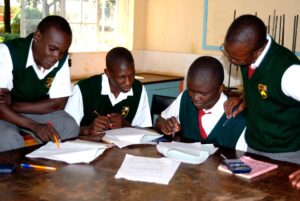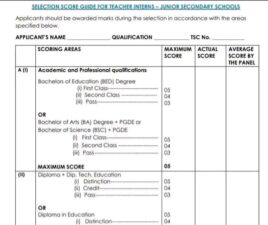Kenya’s education system is on the brink of crisis, driven by a crippling shortage of science teachers. A Educationreport.co.ke report reveals that senior secondary schools nationwide lack sufficient specialists in physics, chemistry, and biology to steer learners through the Competency-Based Curriculum (CBC) seam to senior high. With implementation of Grade 9 CBC just over six months away, authorities are racing to plug critical gaps—but time is not on their side.
According to the report, only 21% of junior secondary teachers handle STEM subjects, creating a bottleneck as students transition to senior school. Even more alarming, around 35% of schools lack any STEM teacher entirely—raising questions about whether Kenya can realistically facilitate its stated goal of 60% STEM track participation
STEM education is foundational to today’s knowledge economy, yet the CBC’s promise may remain unfulfilled without trained science personnel. Textbooks alone won’t cut it; practical labs and experienced instructors are central to delivering hands-on, inquiry-based learning—hallmarks of the CBC model.
The teacher shortage is symptomatic of broader systemic failures. A separate TSC report notes 98,461 teaching vacancies in public institutions, with junior schools hardest hit. Among these, science disciplines are disproportionately understaffed . Ironically, Kenya produces thousands of arts and humanities graduates annually, yet cannot fill vacancies in the sciences.
TSC and Government Response
The Teachers Service Commission (TSC) confirms a severe STEM teacher shortfall as a national challenge, pointing to a pipeline issue—from training institutions to deployment. While the Ministry of Education, through PS Julius Bitok, reports a pupil–teacher ratio of 1:29—within UNESCO’s targets—this masks uneven, subject-specific gaps and inequitable resource distribution.
With just months until CBC’s senior phase launch, urgent interventions are necessary. Options include fast-track STEM training, targeted incentives to attract science majors, and investment in laboratory infrastructure. Without such measures, the CBC’s STEM vision risks unraveling—jeopardizing future generations’ science literacy and national development.





